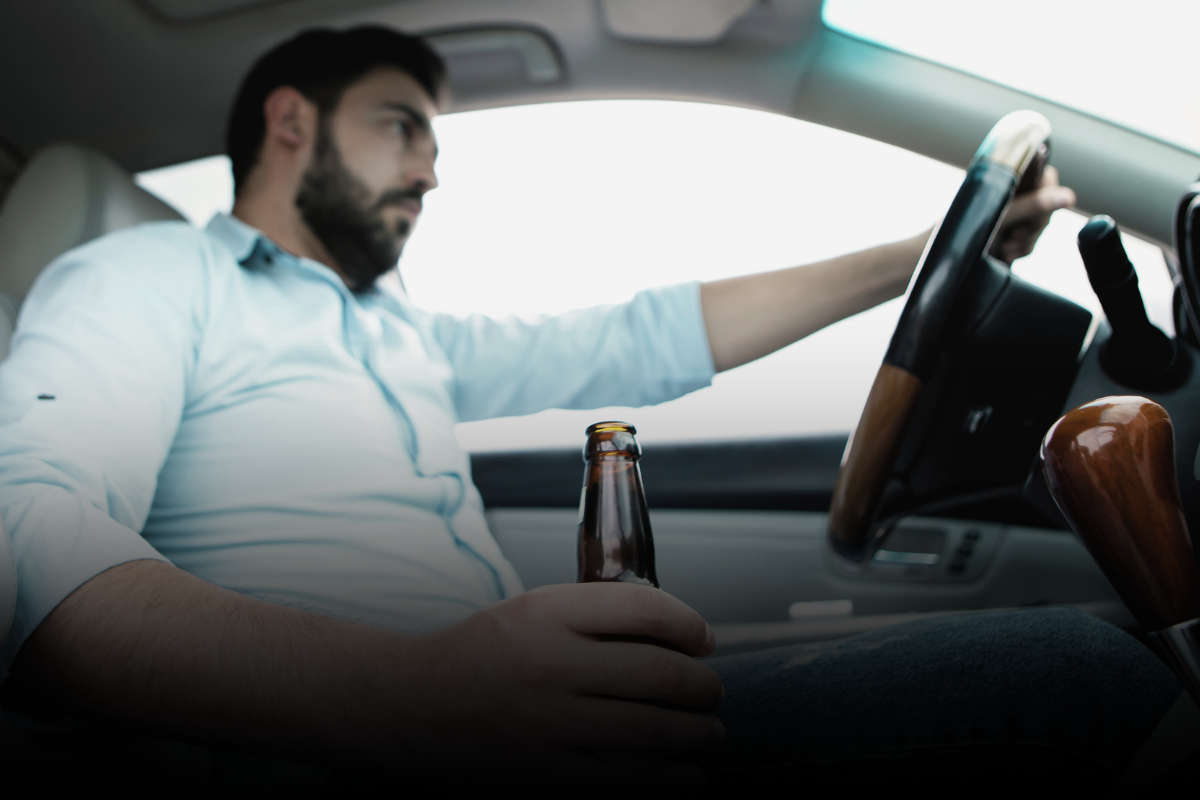Getting one DWI in Minnesota can be hard and an inconvenience, but a lot of people don’t see it as a big deal; however, a second arrest within ten years can lead to much harsher consequences.
Minnesota treats repeat DWI offenses very seriously, with penalties that can impact your freedom, your driving privileges, and your future opportunities. If you have been arrested for a second DWI, contact a Martine Law attorney and get the best resolution.
Minnesota’s “Look-Back” Period for DWIs
Minnesota uses a 10-year “look-back” period when determining whether a DWI is considered a first, second, third, or subsequent offense. This means that if your new DWI arrest happens within ten years of your first conviction, it will be treated as a second-degree offense with more severe penalties.
Criminal Penalties for a Second DWI
A second DWI within ten years is typically charged as a gross misdemeanor in Minnesota. Here is what you might be facing:
- Mandatory jail time: Minimum of 30 days, with at least 48 consecutive hours served in custody.
- Maximum jail sentence: Up to one year in jail.
- Fines: Up to $3,000 in fines, plus court costs and surcharges.
- Conditional release: You may be required to complete chemical dependency assessments, treatment programs, and abstain from alcohol while on probation.
Driver’s License and Vehicle Consequences
A second DWI offense carries significant driving-related penalties:
- License revocation: Typically, your license will be revoked for one year.
- Ignition Interlock: You may be eligible for a restricted license if you agree to install an ignition interlock device (IID) on your vehicle.
- Vehicle plate impoundment: The state may impound your license plates and issue special “whiskey plates.”
- Vehicle forfeiture: In certain cases, your vehicle could be forfeited, especially if there were aggravating factors (like a very high BAC or children in the vehicle).
Long-Term Consequences of a Second DWI
A second DWI conviction can have impacts far beyond jail time and fines:
- Higher car insurance rates: You may be required to carry SR-22 insurance, which can significantly raise your premiums.
- Employment challenges: Some employers may view a second DWI as a serious liability issue, especially if you drive for work.
- Permanent criminal record: A gross misdemeanor stays on your record and can affect housing, background checks, and professional licenses.
Why You Need an Experienced DWI Lawyer
Facing a second DWI without legal representation can be risky. A skilled Minnesota DWI lawyer can review your case for possible defenses, such as:
- Challenging the traffic stop or arrest procedure
- Questioning the validity of breath, blood, or urine tests
- Negotiating for reduced charges or alternative sentencing
Having a lawyer who can advocate for you ensures that you are not navigating a complicated legal system alone — and gives you the best chance at minimizing the consequences.
FAQs About a Second DWI in Minnesota
- Is a second DWI always a gross misdemeanor?
Yes, in most cases, a second DWI within ten years is charged as a gross misdemeanor, unless there are aggravating factors that elevate it further. - Can I avoid jail time for a second DWI?
Minnesota law requires at least 30 days of jail or alternative sentencing, but an attorney may help you secure electronic home monitoring or work release in some cases. - How long will a second DWI stay on my record?
A second DWI conviction remains on your criminal record permanently and will count as a prior offense for any future DWI charges within ten years.
Get Help from a Minnesota DWI Defense Lawyer
If you are facing a second DWI within ten years, the penalties can be life-changing — but you still have rights. The experienced team at Martine Law is ready to help you build a strong defense, protect your record, and work toward the best possible outcome.
Call us today or contact us online to schedule a confidential consultation.


